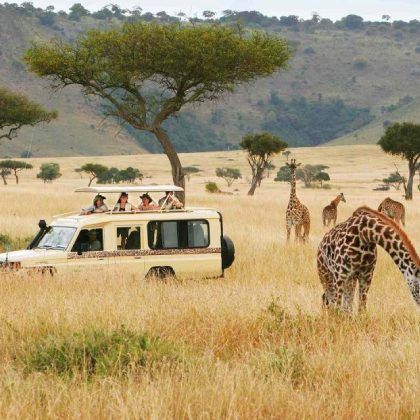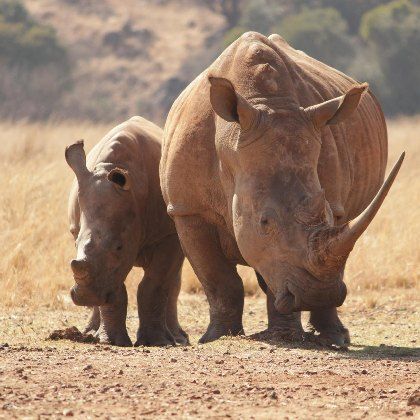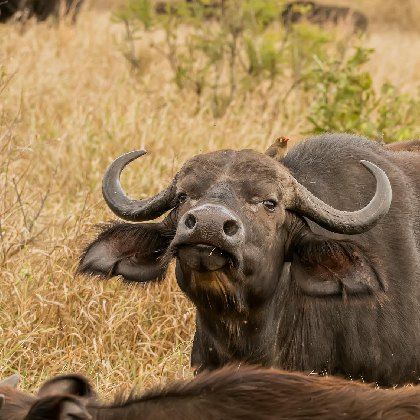
Why Is Wildlife Conservation Important?
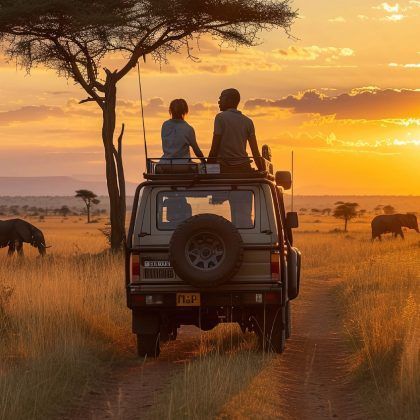
Wildlife conservation plays a crucial role in maintaining the balance of our ecosystems and preserving the natural heritage for future generations. It is not just about protecting animals and plants; it's about ensuring the sustainability of the environment that supports all life forms.
In this article, we will explore the significance of wildlife conservation, the benefits it brings to both nature and humans, and how individuals and communities can contribute to conservation efforts.
Preserving Biodiversity and Ecosystem Balance
Biodiversity refers to the variety of life on Earth, encompassing different species of plants, animals, and microorganisms. Protecting wildlife is essential for maintaining this biodiversity, which in turn ensures ecosystem resilience. When we conserve wildlife, we help preserve the intricate web of life that supports diverse ecosystems.
The importance of safeguarding wildlife becomes evident when we consider how species interact within their habitats. Each organism has a specific role, and the loss of one can disrupt food chains and ecological processes. Understanding why conservation efforts are crucial helps us prevent such imbalances, which could lead to negative consequences for the environment and human well-being.
By conserving wildlife, we also protect vital ecosystem services like pollination, seed dispersal, and nutrient cycling. These services are crucial for agriculture, forestry, and fisheries, directly impacting food security and economies.
Supporting Sustainable Development and Economies
Wildlife conservation contributes to sustainable development by promoting the responsible use of natural resources. In many regions, ecotourism centered around wildlife is a significant source of income and employment. Protecting natural habitats ensures that these economic activities can continue to thrive without depleting the resources they depend on.
Recognizing why wildlife preservation is important can lead to initiatives that support both conservation and community development. For example, safari tourism relies heavily on healthy wildlife populations and pristine environments. This not only generates revenue but also raises awareness about the need to protect natural habitats.
Moreover, sustainable practices in wildlife conservation encourage the use of renewable resources and reduce environmental degradation. This approach helps ensure that future generations can also benefit from the Earth's natural wealth.
Enhancing Human Health and Cultural Heritage
The conservation of wildlife is closely linked to human health. Natural ecosystems can act as buffers against diseases by regulating pathogens and hosting a diversity of species that control pests. Preserving wildlife habitats reduces the risk of zoonotic diseases transferring to humans, a concern that has become increasingly prominent.
In addition to health benefits, wildlife holds significant cultural and educational value. Many communities have deep-rooted connections with local fauna and flora, which are integral to their traditions and identities. Protecting these species helps maintain cultural heritage and provides opportunities for education and research.
Understanding the importance of wildlife conservation can inspire people to engage with the natural world. Educational initiatives foster appreciation and respect for nature, encouraging more individuals to participate in conservation efforts.
In Conclusion
Wildlife conservation is essential for maintaining ecological balance, supporting economies, and enhancing human health and cultural heritage. It ensures that the natural systems we rely on continue to function effectively, benefiting both the environment and society as a whole.
At Kukama Wildlife College, we are dedicated to empowering individuals to make a difference in conservation. Join us by signing up for our wildlife conservation courses or school trips, and become part of our mission to preserve the natural world for generations to come.

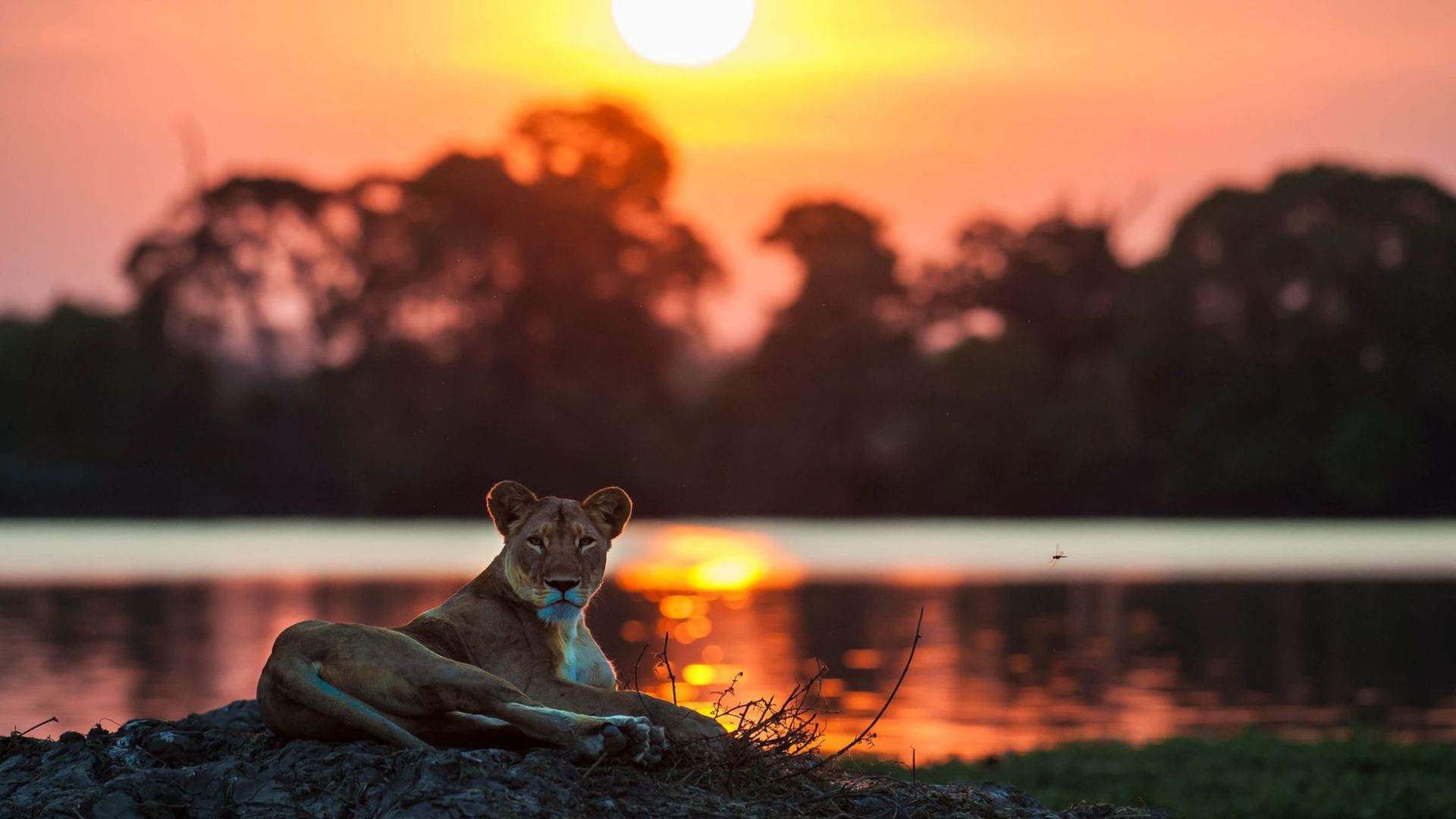
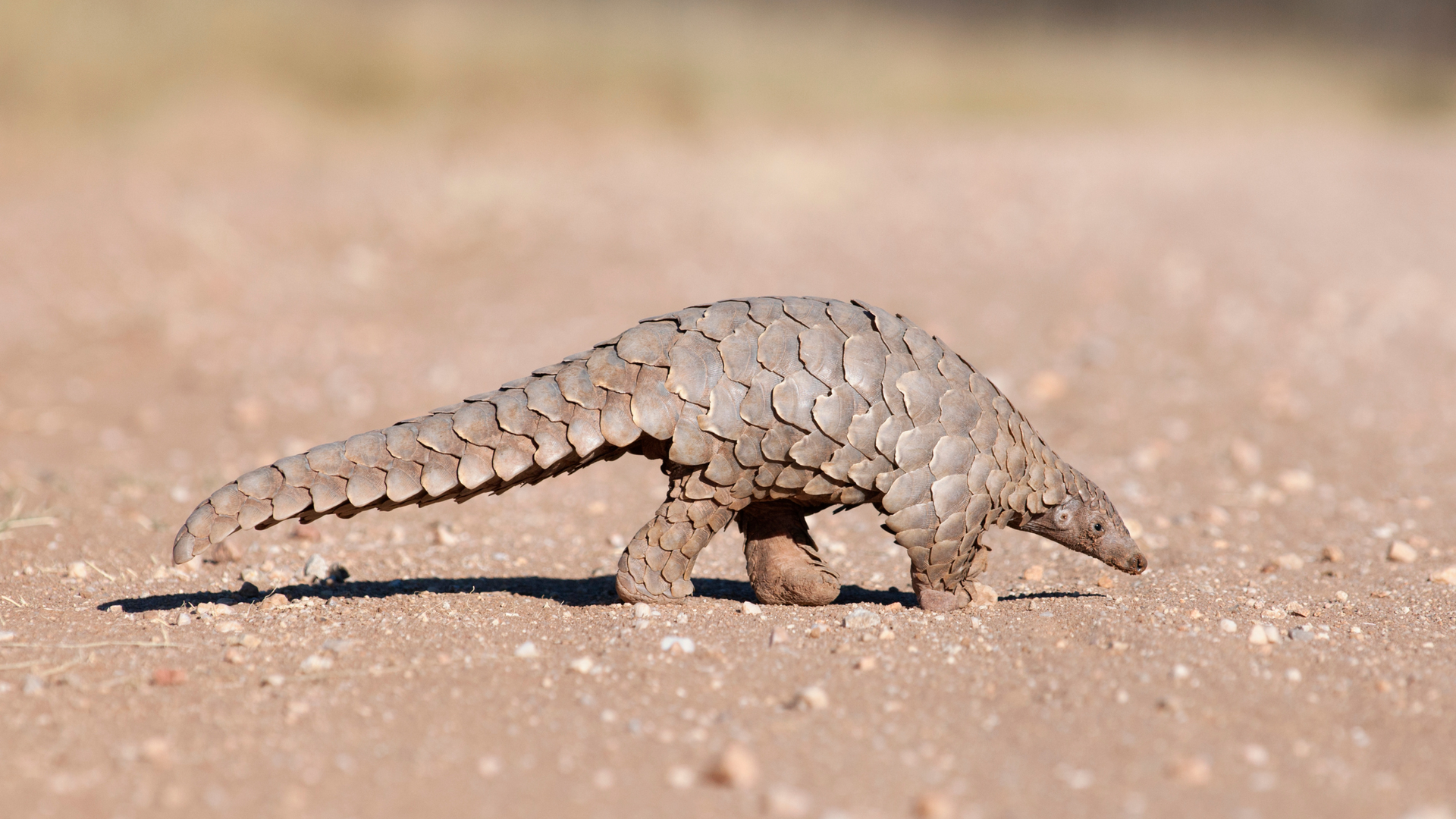
CONTACT
Send us an email and we'll get back to you soon.
Thank you for contacting us.
We will get back to you as soon as possible
Please try again later
